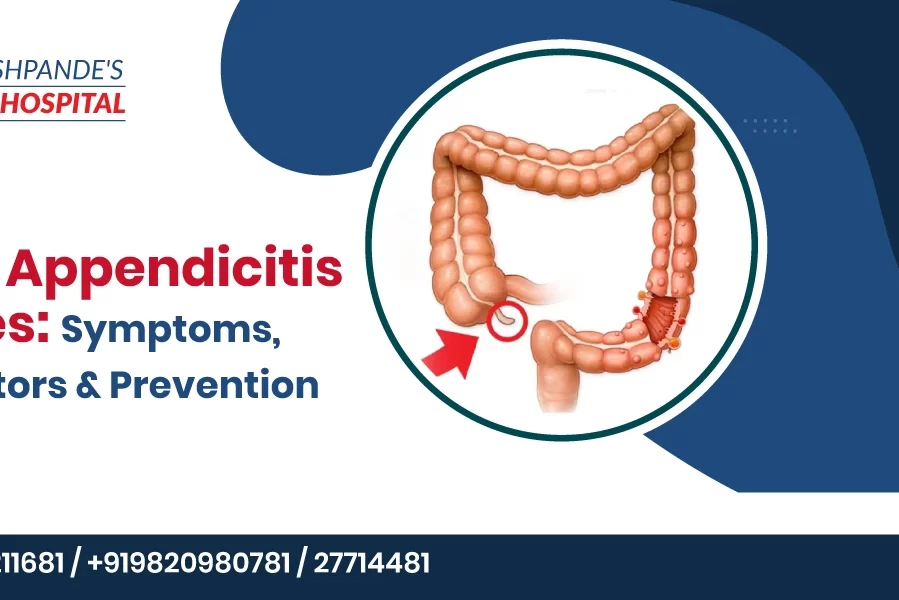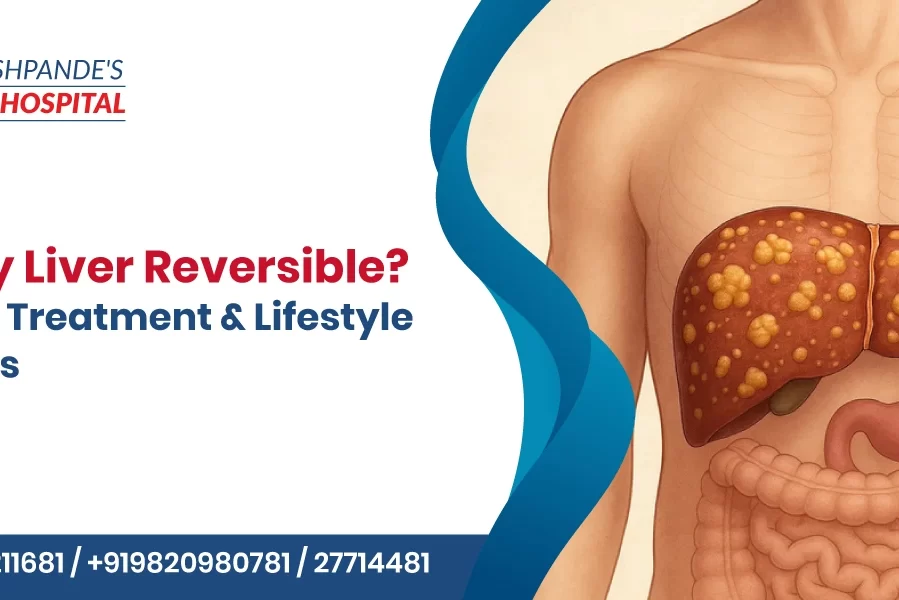Treatment Of Fistula
Treatment aims to eliminate the fistula, promote healing, and prevent recurrence. The options for Anal Fistula Surgery in Navi Mumbai include:
Simple Fistula Surgery
In cases of uncomplicated fistulas, a straightforward surgical approach may be employed to excise the fistula and promote healing, where the fistula tract is opened to remove diseased tissue or drain pus, allowing the fistula tract to heal from the inside out.
Complex fistulas Surgery:
Complex fistulas, which may involve multiple tracts or extend into deeper tissues, require a more intricate surgical procedure to ensure complete removal and help preserve the sphincter muscle.
Seton Drain
A seton drain, a thread-like material, may be placed through the fistula to facilitate drainage and prevent abscess formation.
Endorectal Advancement Flap
This surgical technique involves using tissue from the rectum to cover the fistula’s internal opening, promoting closure.
LIFT Procedure
LIFT (Ligation of Intersphincteric Fistula Tract) is a technique that involves identifying and ligating the fistula tract, promoting healing.
What are the risks of anal fistula surgery?
While anal fistula surgery is generally safe, potential risks include infection, bleeding, and the recurrence of fistulas. Our Fistula Surgeon Doctor in Navi Mumbai informs patients about potential risks before the procedure.
What is anal fistula?
An anal fistula is an abnormal tunnel-like connection that forms between the anal canal and the skin near the anus. This condition typically develops as a result of an infection in an anal gland, leading to the formation of a tunnel that may produce discharge.
Types of anal fistula:
Anal fistulas can be categorized based on their complexity and the presence of branching tracts. Common types include simple fistulas, complex fistulas, seton drain fistulas, endorectal advancement flap fistulas, and those treated with the LIFT procedure.
Factors which increase anal fistula:
Several factors increase the risk of developing anal fistulas, including:
- A history of anal abscesses
- Inflammatory bowel diseases
- Crohn’s disease, and certain infections.
- Additionally, conditions that affect the anal glands may contribute to the formation of fistulas.
Visit the fistula surgery hospital in Navi Mumbai to get full information on the risk factors for this condition.
What does an anal fistula look like?

Anal fistulas often appear as small openings or openings with a reddish hue around the anus. Discharge, swelling, or localized tenderness may also be observed.
Causes of anal fistula
Anal fistulas, intricate in their development, predominantly stem from infections within the anal glands. These glands, essential for maintaining anal canal lubrication, can undergo complications that pave the way for the creation of abnormal tunnels or tracts, manifesting as anal fistulas.
- Infection in Anal Glands: The primary instigator of anal fistulas is an infection within the anal glands. These glands, located around the anus, play a crucial role in producing fluids that aid in smooth bowel movements. When these glands encounter infection, often due to blockages or bacterial infiltration, the resultant inflammation triggers the formation of fistulous tracts.
- Blockage of Anal Glands: Blockages within the anal glands can impede the normal flow of fluids. This blockage may occur due to various factors, including the accumulation of debris, thickened glandular secretions, or the presence of foreign bodies. As blockages persist, pressure builds within the glands, setting the stage for infections and the subsequent development of fistulas.
- Bacterial Infiltration: Bacterial infiltration into the anal glands is a common catalyst for infections. The anal region, with its diverse microbial environment, is susceptible to bacterial overgrowth. When bacteria infiltrate compromised anal glands, the resulting infection contributes to the formation of fistulous tracts.
Symptoms of anal fistula
Common symptoms include:
- Persistent pain
- Swelling around the anus
- Discharge of pus or blood
- Discomfort during bowel movements
Individuals experiencing these symptoms should seek medical attention for a proper diagnosis. You can get Laser Surgery For Fistula in Navi Mumbai at our hospital.
What are the possible complications of an anal fistula?
Complications may include recurrent abscesses, chronic pain, and the potential for the fistula to extend or branch, leading to increased complexity.
Diagnosis Of Fistula
Diagnosing an anal fistula requires a comprehensive and meticulous approach, and at Surya Hospital our experienced medical team and Fistula specialist in Navi Mumbai employ various diagnostic tools to ensure accurate assessments and tailored treatment plans.
- Physical Examinations : A crucial aspect of the diagnostic process involves a detailed physical examination. Dr. Anil Deshpande conducts a thorough evaluation, examining the anal region for signs of infection, swelling, and other indicators of an anal fistula. This initial assessment helps determine the extent and characteristics of the fistula.
- Fistulography : In certain cases requiring a more detailed visualization, fistulography may be recommended. It involves the injection of a contrast dye into the fistula tract, followed by imaging procedures such as X-rays. Fistulography allows for a precise mapping of the fistula’s course, aiding in treatment planning and ensuring that the chosen intervention addresses the specific characteristics of the fistula.
- Additional Diagnostic Procedures : Additional diagnostic procedures may be considered depending on the complexity of the fistula and the information obtained from initial examinations and imaging studies. These may include endoscopic evaluations, which allow for direct visualization of the anal canal and the internal opening of the fistula.







